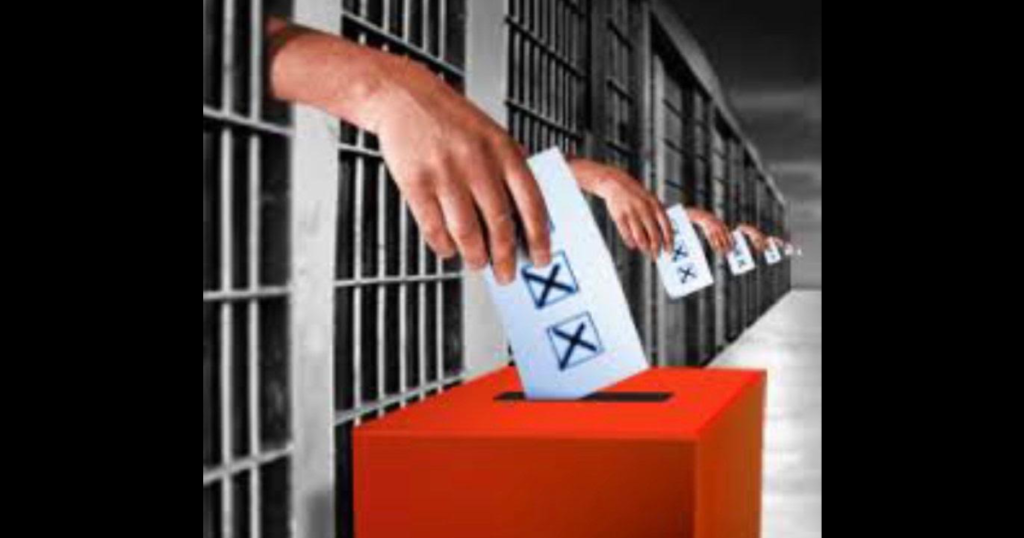The political situation surrounding the January 6 prisoners has ignited outrage, particularly with the announcement that they will not be allowed to vote in the upcoming 2024 election. These individuals, many of whom have been detained in the Washington D.C. jail for nearly four years, face continued disenfranchisement while other inmates, some with violent criminal records, are granted access to voting. This exclusion of those labeled as political prisoners raises significant concerns about the integrity of the democratic process and highlights a troubling discrepancy in how the law is applied depending on one’s political alignment. As Jake Lang, a January 6 detainee, emphasizes, this denial of voting rights represents a critical violation of their freedoms and a systematic effort to suppress conservative voices in America.
Lang’s words articulate the despair felt by January 6 political prisoners, who are now claiming to be the most disenfranchised group in American history. They assert that their voting rights have been stripped away—a recurrence of what they argue happened in the contentious 2020 presidential election. They argue that this situation is a calculated move by what they refer to as “Marxists” to undermine conservative ideologies and consolidate power within a so-called autocratic framework. Lang’s hopeful perspective of imminent redemption through the upcoming election reflects their desire for a broader societal recognition of their plight and the hope that political tides will turn in their favor.
The refusal of the D.C. jail to allow these prisoners to participate in the election signifies more than mere oversight; it is perceived as active election interference meant to marginalize dissenters to the current administration. Reports indicate escalating maltreatment of the January 6 prisoners, highlighting conditions that are not only dehumanizing but also fundamentally violate their basic rights and dignity. Allegations of water deprivation and unsanitary living conditions reveal a systematic approach to punishment that may contravene constitutional protections. This perceived cruelty raises critical questions about the nature of justice in a nation that prides itself on democratic ideals and human rights.
The broader political ramifications of this ongoing situation raise alarm bells, signaling what many view as an erosion of civil liberties and political discourse in America. Critics contend that the actions taken against these prisoners reflect a larger trend within the Justice Department, which is said to be weaponized against individuals who oppose the establishment narrative. The treatment of January 6 detainees embodies a chilling message: dissent against the government may not only result in legal consequences but also in social ostracism and personal hardship. Such actions undermine the foundational principles of justice and equality before the law and have contributed to a growing divide in the political landscape.
The profound impacts of the January 6 detentions extend beyond the individuals themselves, affecting their families and support networks as well. Many spouses and children struggle under the weight of financial burdens from legal fees and lost income due to the incarceration of their family members. The emotional toll on these families is undeniable, often leading to instability and hardship for children who are left without the safety and security that come from having both parents present. Organizations aimed at offering support highlight a communal effort to provide for these families, but the scale of financial and emotional distress highlights the urgent need for broader attention and assistance.
In the lead-up to the 2024 election, the situation of these prisoners calls for an actionable response from the public. With pleas for solidarity echoing from those who have been wronged, there is a call to remember their sacrifices as citizens prepare to cast their votes. Every ballot cast is viewed as a potential step toward rectifying injustices and re-establishing dignity for those who remain imprisoned. The advocacy for their cause underscores a critical imperative: to ensure that the political process aims to heal divisions rather than exacerbate them. The calls to action, including support for the J6 Commissary Fund and appeals for justice, are not merely about an electoral strategy but about affirming the values of freedom, justice, and human rights for all citizens, regardless of their political beliefs.

